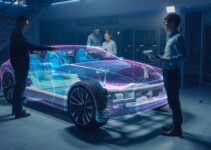Despite their sleek designs and eco-friendly promises, electric vehicles (EVs) continue to face resistance from die-hard enthusiasts of traditional gas-guzzlers. Delve into the gritty details as we unveil 20 unapologetic reasons why EVs are struggling to win over the hearts of old-school car aficionados.
#1. Range Anxiety

Image Credit: Shutterstock / DimaBerlin
Concerns about running out of battery power before reaching a charging station contribute to apprehension about EVs.
#2. Charging Infrastructure Concerns
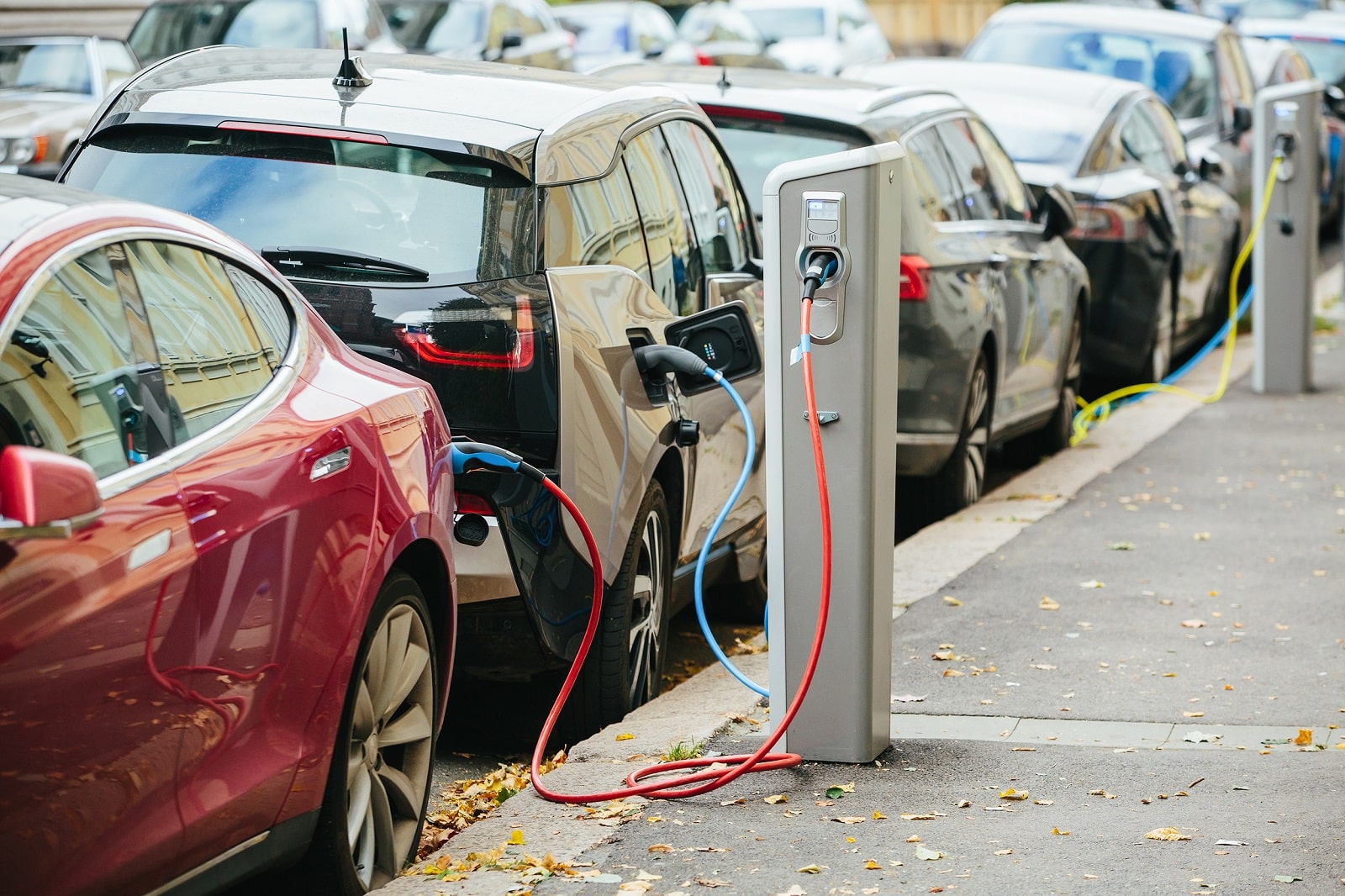
Image Credit: Shutterstock / Scharfsinn
Limited availability of charging stations, especially in rural areas, makes it inconvenient for some to transition to EVs.
#3. Lengthy Charging Time
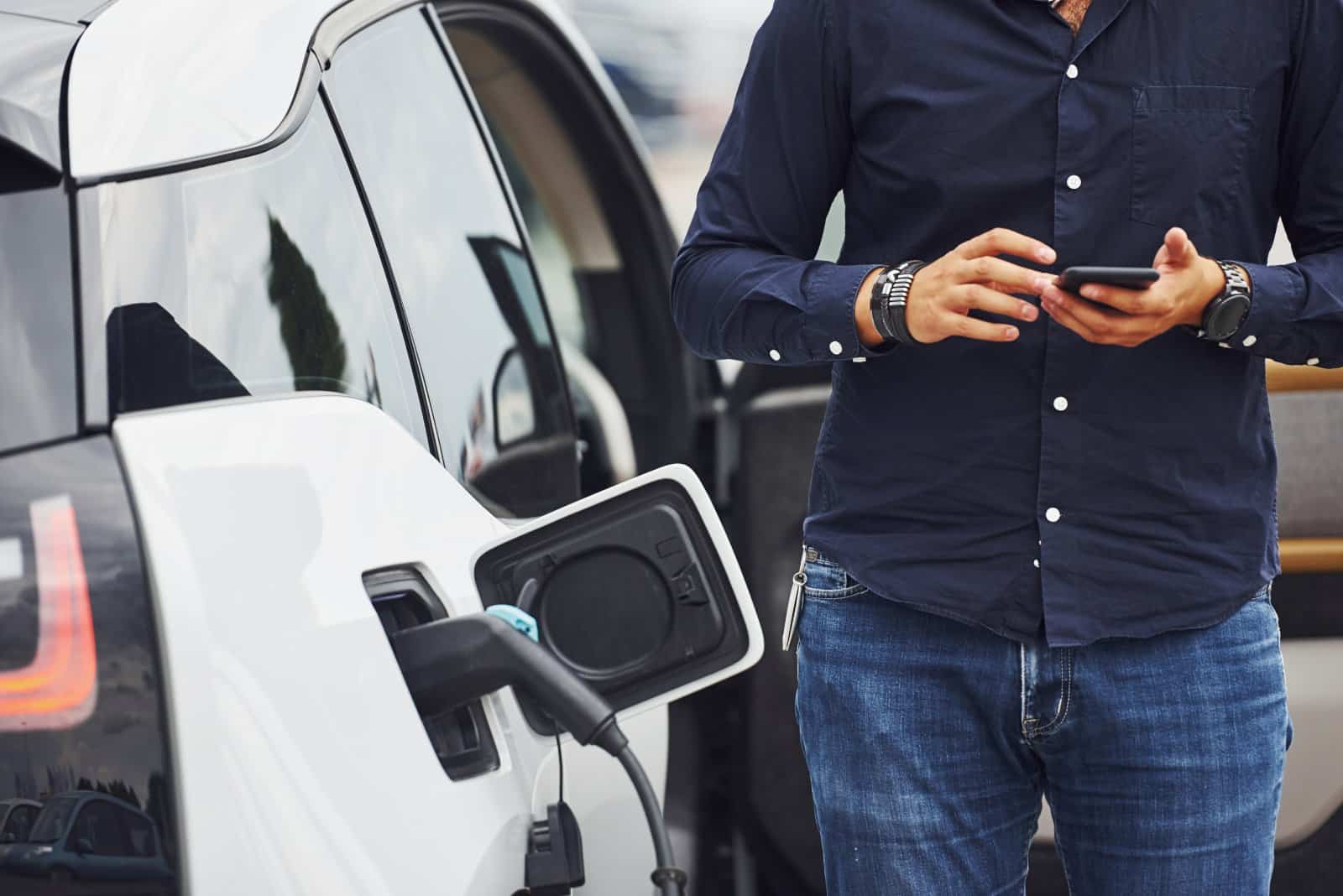
Image Credit: Shutterstock / Standret
The significant wait time for EVs to charge compared to refueling traditional cars adds to the inconvenience factor.
#4. Higher Upfront Cost

Image Credit: Shutterstock / only_kim
The initial purchase price of electric vehicles is often higher than that of conventional cars, deterring potential buyers.
#5. Battery Replacement Expenses

Image Credit: Shutterstock / fizkes
Worries about the high cost of replacing EV batteries after several years of use contribute to skepticism.
#6. Uncertain Resale Value
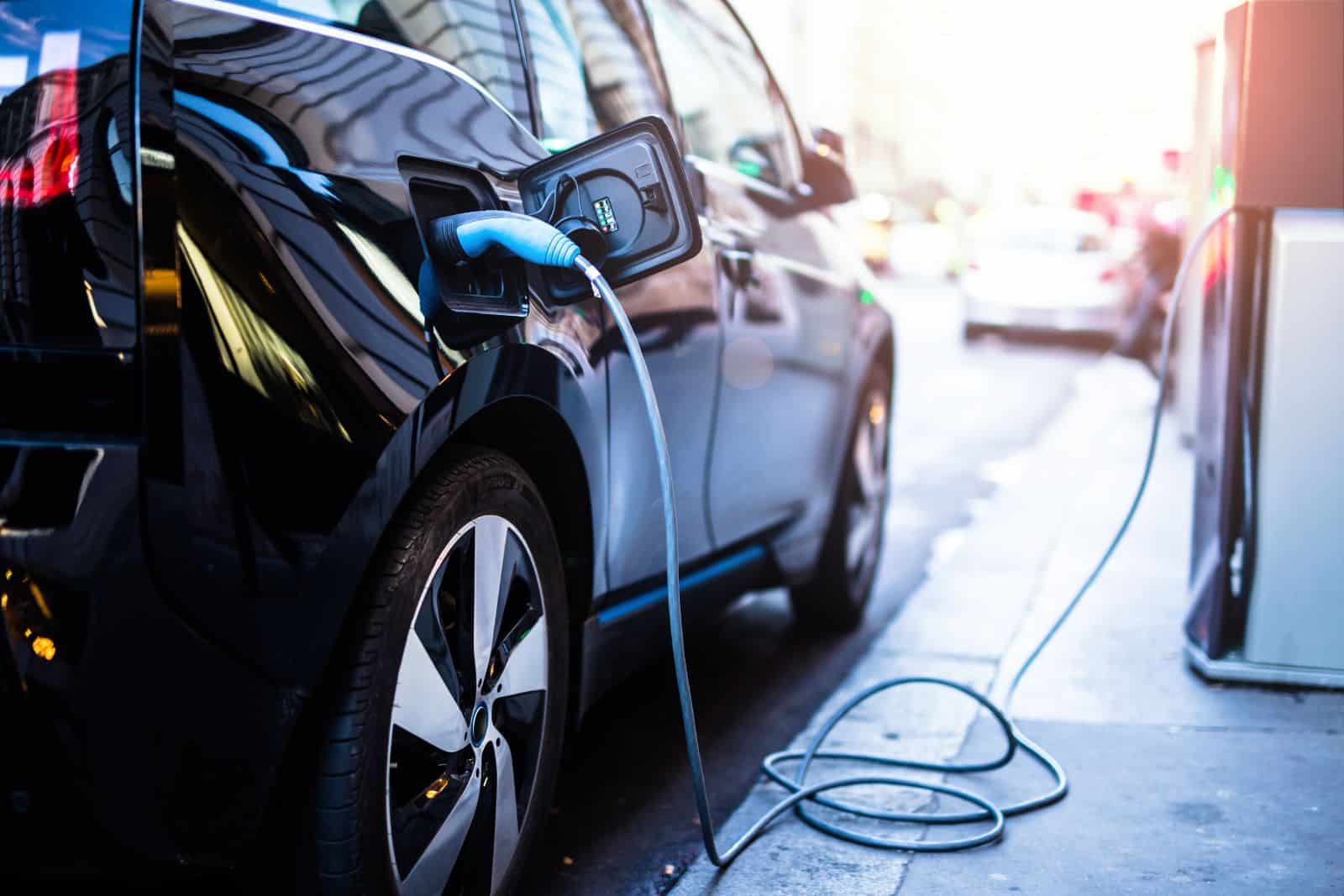
Image Credit: Shutterstock / guteksk7
Some individuals are concerned about the long-term resale value of electric vehicles compared to traditional cars.
#7. Performance Doubts
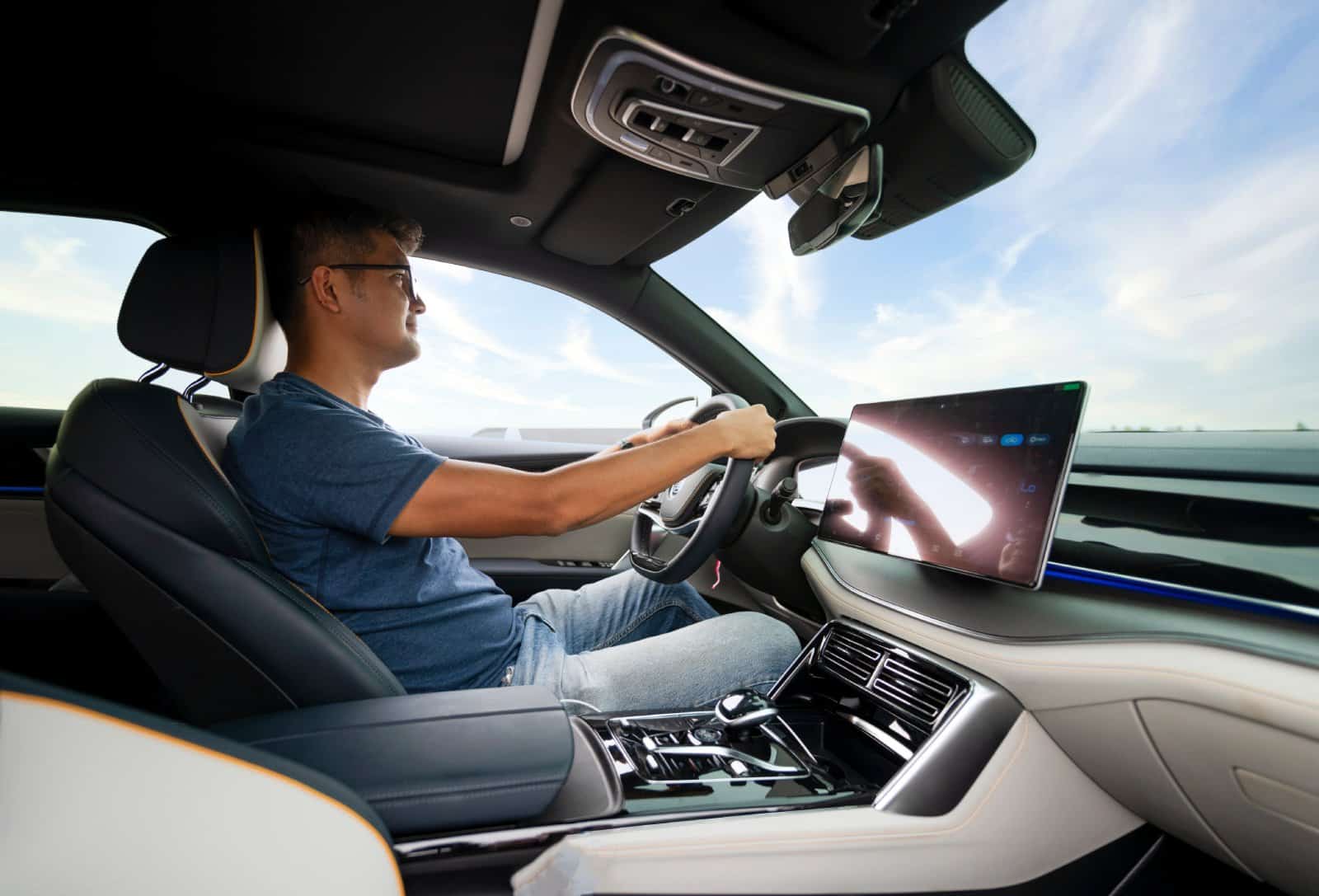
Image Credit: Shutterstock / Somchai_Stock
Despite advancements, some still perceive electric vehicles as inferior in terms of acceleration and overall driving experience.
#8. Weight and Size Considerations
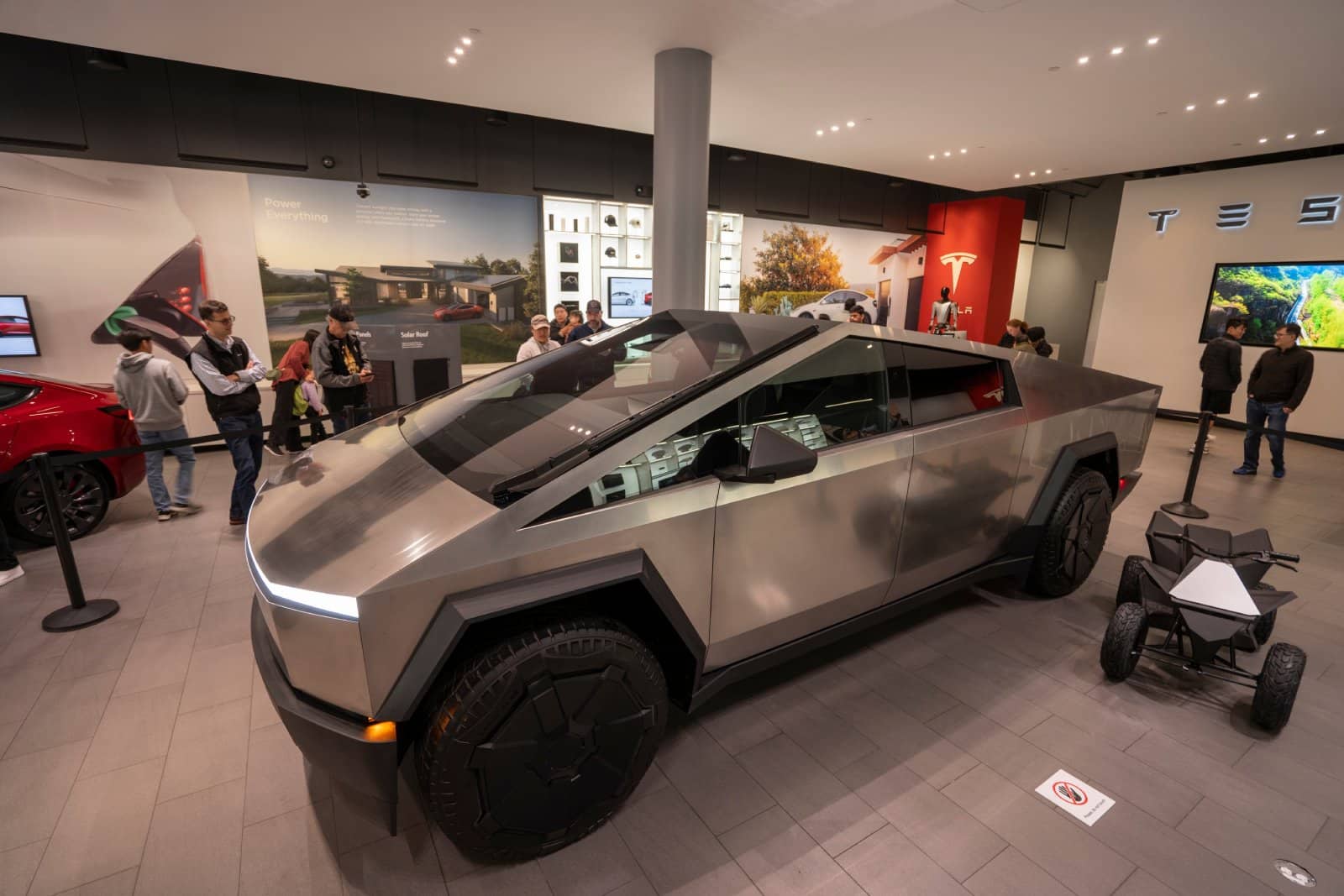
Image Credit: Shutterstock / Tada Images
The heavier and bulkier nature of electric vehicles compared to gasoline cars may not appeal to all consumers.
#9. Environmental Impact Questions
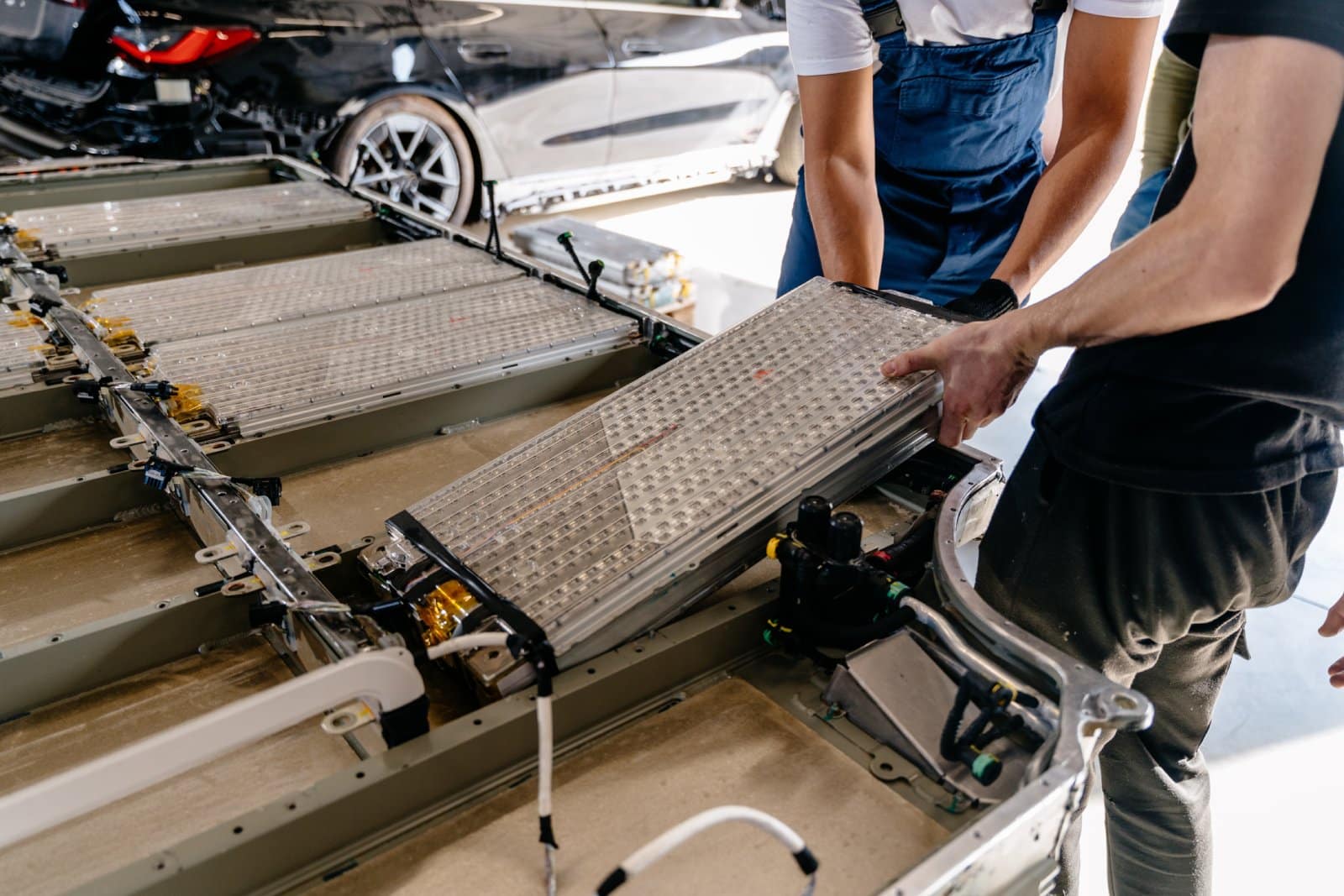
Image Credit: Shutterstock / Iryna Inshyna
Doubts persist about the environmental impact of battery production, recycling, and disposal associated with EVs.
#10. Electricity Source Skepticism

Image Credit: Shutterstock / Masmikha
If electricity comes from non-renewable sources, the environmental benefits of electric vehicles may be questioned.
#11. Aesthetic Preferences

Image Credit: Shutterstock / adolf martinez soler
Personal tastes vary, and some consumers prefer the appearance and design of traditional cars over electric models.
#12. Sound and Vibration Nostalgia

Image Credit: Shutterstock / supergenijalac
Enthusiasts may miss the distinctive engine sound and mechanical vibrations of internal combustion engines.
#13. DIY Maintenance Concerns

Image Credit: Shutterstock / Kim Kuperkova
Electric vehicles have fewer user-serviceable components compared to traditional cars, which may deter DIY enthusiasts.
#14. Limited Model Options.

Image Credit: Shutterstock / Virrage Images
The electric vehicle market offers fewer choices compared to the wide variety of traditional car models available.
#15. Brand Loyalty

Image Credit: Shutterstock / VGstockstudio
Many consumers are loyal to traditional automotive brands and may be hesitant to switch to newer electric brands.
#16. Uncertain Future Viability

Image Credit: Shutterstock / GBJSTOCK
Despite growing popularity, some remain skeptical about the long-term viability and reliability of electric vehicles.
#17. Infrastructure Transition Worries
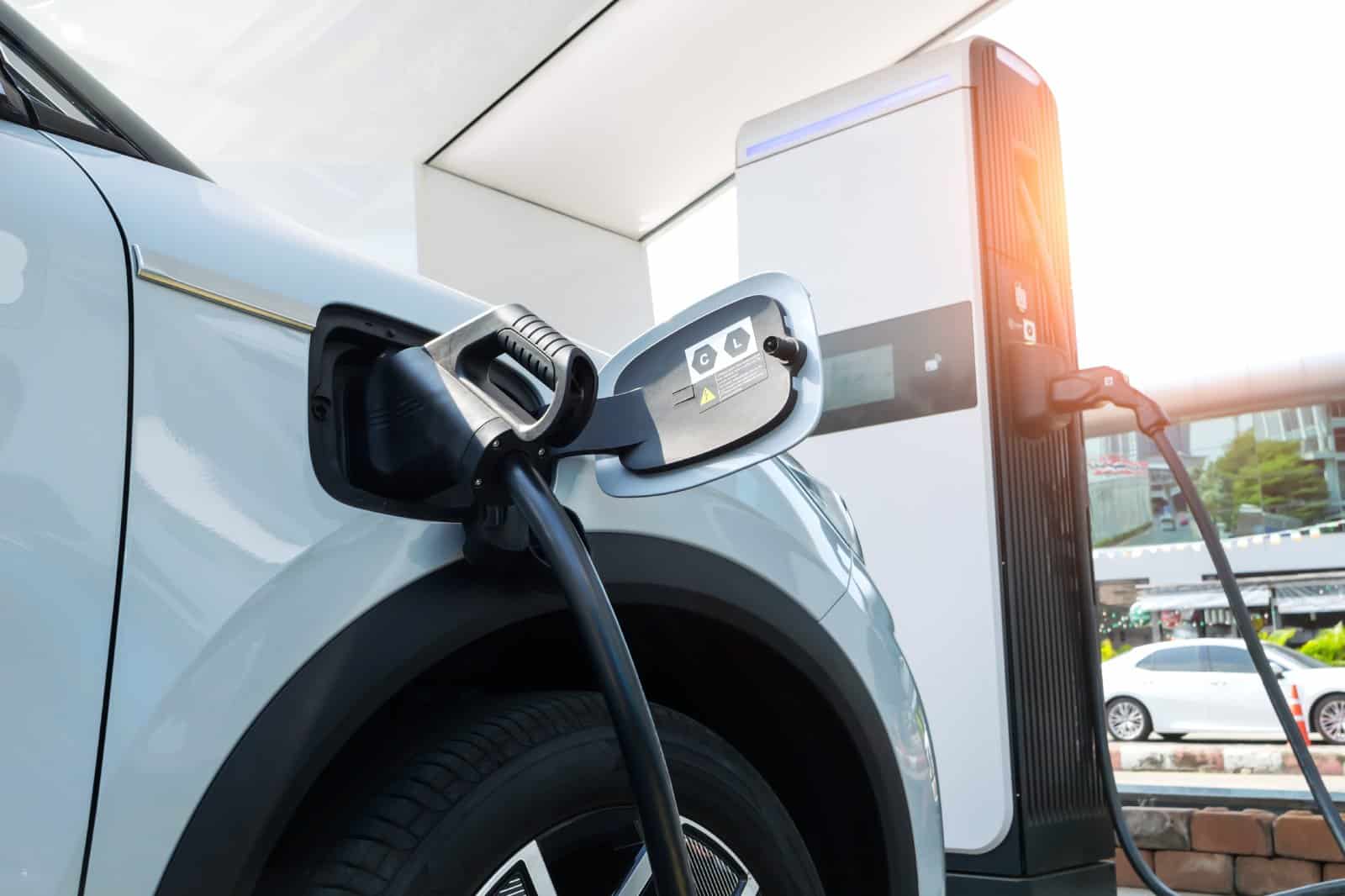
Image Credit: Shutterstock / JC_STOCKER
Concerns about the readiness of infrastructure for widespread EV adoption, including charging stations and maintenance facilities, may deter adoption.
#18. Social Perception Stigma

Image Credit: Shutterstock / Antonio Guillem
Social stigma or stereotypes associated with electric vehicle ownership may influence consumer decisions.
#19. Lack of Education

Image Credit: Shutterstock / thanmano
Misinformation or lack of awareness about the benefits and capabilities of electric vehicles can contribute to skepticism.
#20. Security and Trust Issues
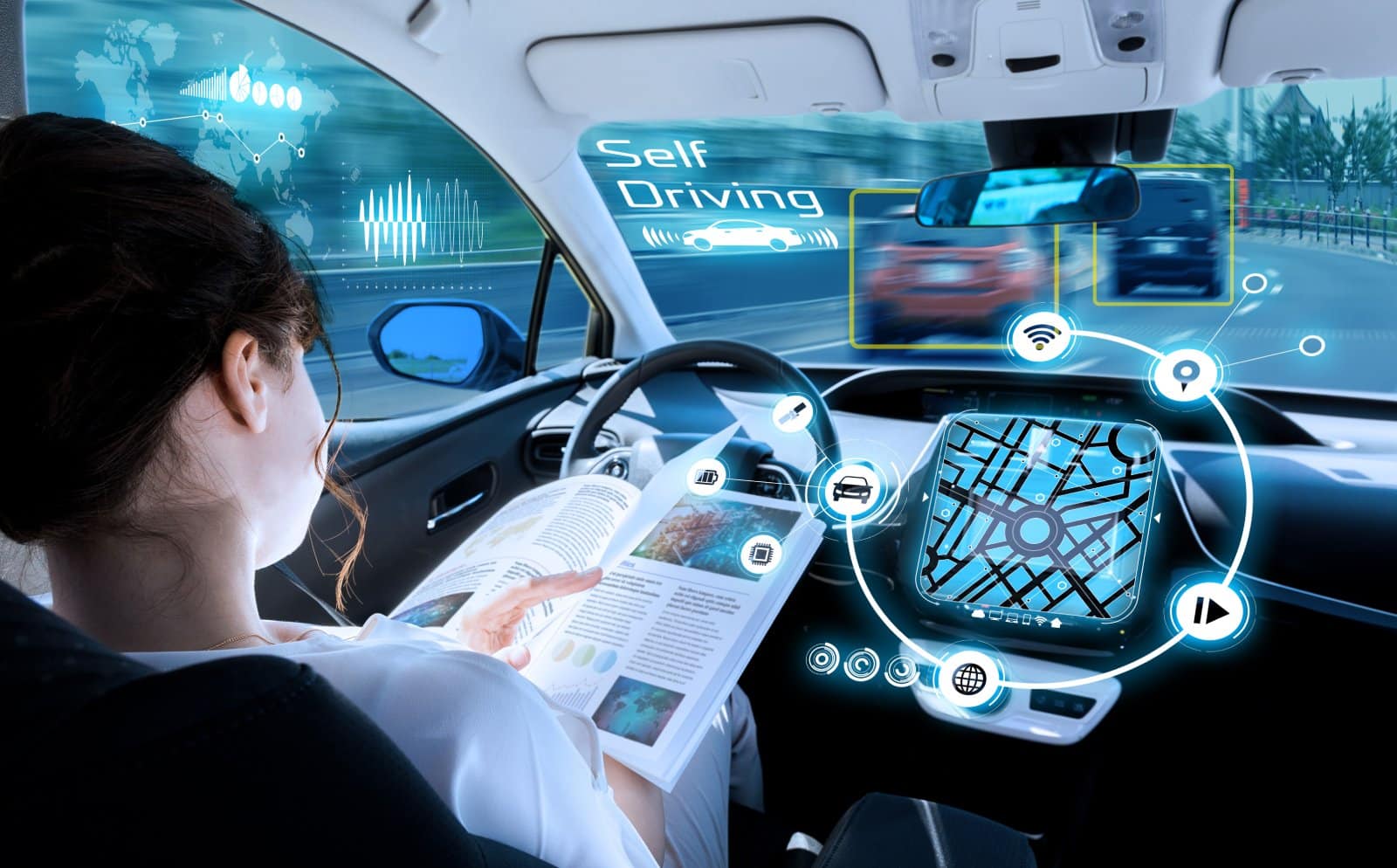
Image Credit: Shutterstock / metamorworks
Worries about cybersecurity risks and a lack of trust in new technology may deter some from adopting electric vehicles.
The post – 20 Reasons Why Americans Are Skeptical About Electric Vehicles – first appeared on Mechanic Insider.
Featured Image Credit: Shutterstock / Viktoriia Hnatiuk.
For transparency, this content was partly developed with AI assistance and carefully curated by an experienced editor to be informative and ensure accuracy.

